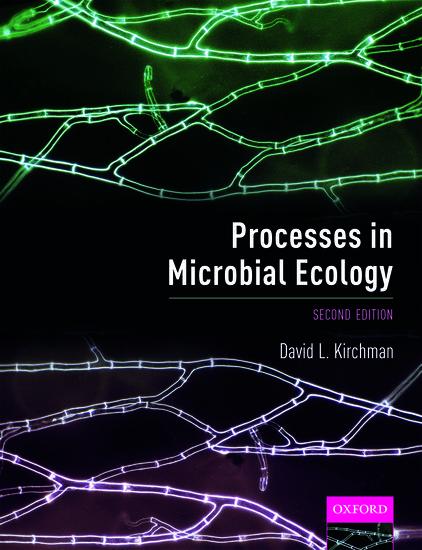
Zustellung: Do, 17.07. - Di, 22.07.
Versand in 2 Wochen
VersandkostenfreiBestellen & in Filiale abholen:
Microbial ecology is the study of interactions among microbes in natural environments and their roles in biogeochemical cycles, food web dynamics, and the evolution of life. This book presents the basic principles of microbial ecology using examples from aquatic (freshwater and marine) and terrestrial ecosystems.
Inhaltsverzeichnis
- Preface
- 1: Introduction
- 2: Elements, biochemicals, and structures of microbes
- 3: The physical-chemical environment of microbes
- 4: Community structure of microbes in natural environments
- 5: Genomes and meta-omics for microbes
- 6: Microbial primary production and phototrophy
- 7: Degradation of organic matter
- 8: Microbial growth, biomass production, and controls
- 9: Predation and protists
- 10: The ecology of viruses
- 11: Processes in anoxic environments
- 12: The nitrogen cycle
- 13: Introduction to geomicrobiology
- 14: Symbioses and microbes
- References
- Index
Produktdetails
Erscheinungsdatum
16. Oktober 2018
Sprache
englisch
Auflage
2nd edition
Seitenanzahl
336
Autor/Autorin
David L Kirchman
Verlag/Hersteller
Produktart
gebunden
Gewicht
889 g
Größe (L/B/H)
255/195/20 mm
ISBN
9780198789406
Entdecken Sie mehr
Bewertungen
0 Bewertungen
Es wurden noch keine Bewertungen abgegeben. Schreiben Sie die erste Bewertung zu "Processes in Microbial Ecology" und helfen Sie damit anderen bei der Kaufentscheidung.









